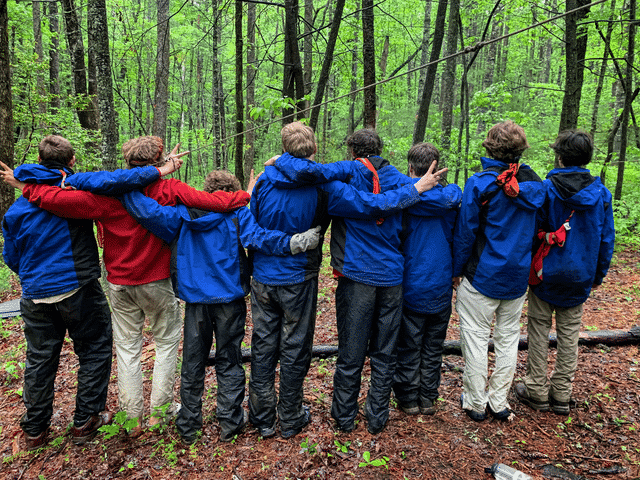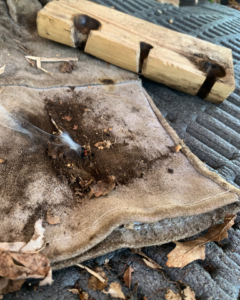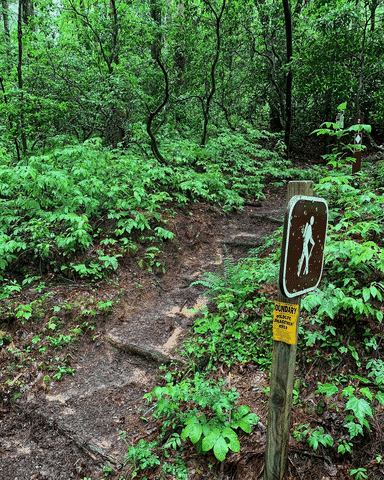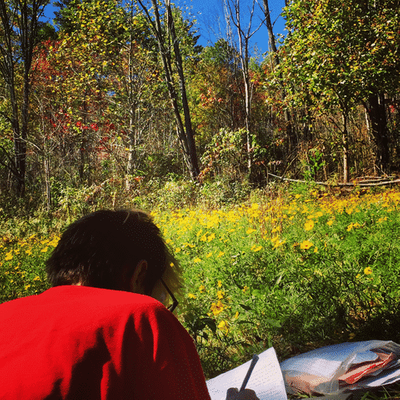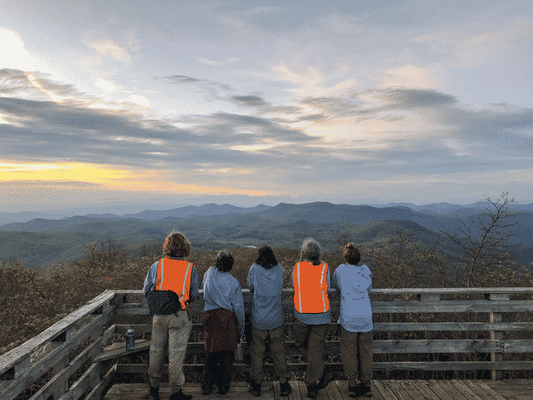When your daughter has fallen and scraped a knee, you’ve bandaged it. When your son has come home from a bad day in school, you’ve comforted him. From scrapes and bruises to tears and conflict, you have always been invested in your child’s success.
However, addressing behavioral and emotional issues can become increasingly difficult as your child has reached puberty, or has begun to close in on emerging adulthood. Sometimes, your teen’s behavior might feel overwhelming, even dangerous.
To watch your child struggle can be a terrifying and exhausting experience. The first aid required for a splinter or a scrape will remain the same as your teen grows up, but the ways to connect with them and keep them safe are ever-changing, and there really is no book for what you are going through.
Perhaps you’re experiencing the pain and fear of living in crisis. You still want to support and empower your teen, but their problems have become increasingly complex. Maybe you feel overwhelmed by the issues your child is facing, and you know that something needs to change. It may feel intimidating to seek outside support, but you’d do anything to find your teen and your family the right help.
